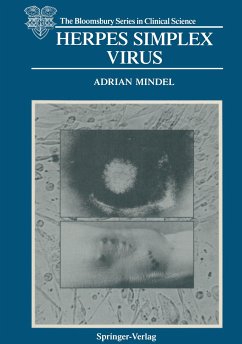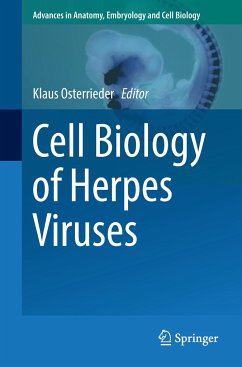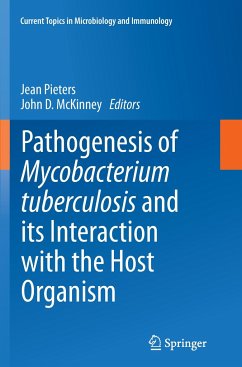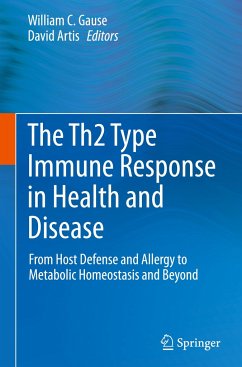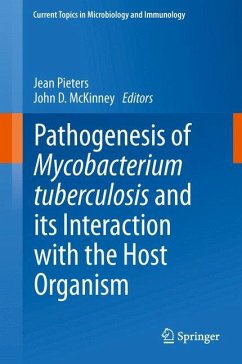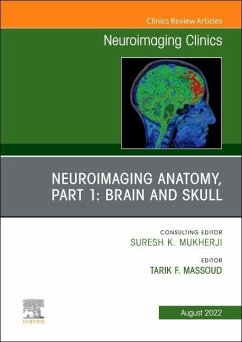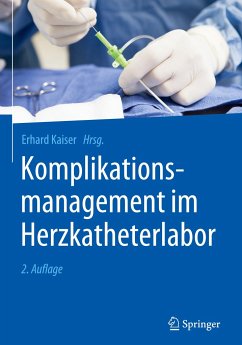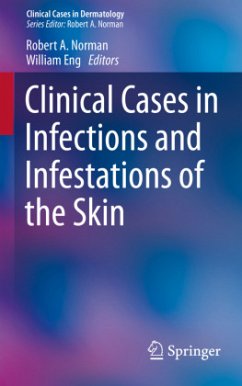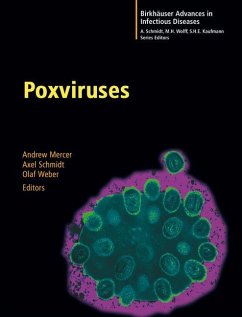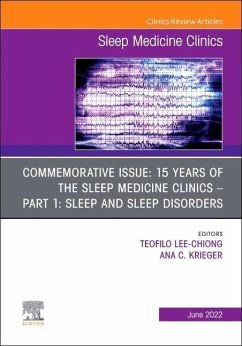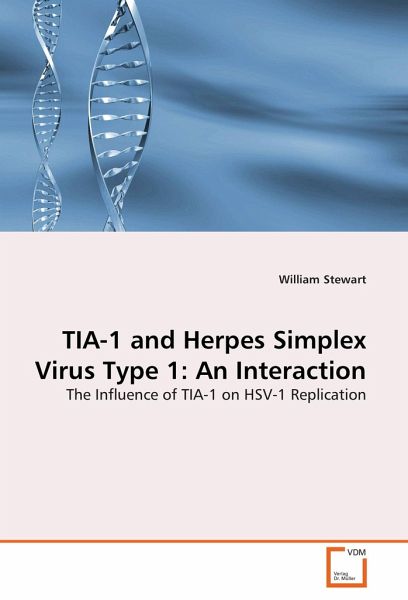
TIA-1 and Herpes Simplex Virus Type 1: An Interaction
The Influence of TIA-1 on HSV-1 Replication
Versandkostenfrei!
Versandfertig in 6-10 Tagen
32,99 €
inkl. MwSt.

PAYBACK Punkte
16 °P sammeln!
During the process of protein translation, phosphorylation of eIF2-alpha prevents its binding to the preinitiation complex and hence the process of translation. The RNA binding protein, TIA-1, then directs these complexes to molecular storage depots known as stress granules. The replication of HSV-1, containing different variants of the ICP34.5 gene and those without the ICP34.5 gene were compared in diploid fibroblasts obtained from normal mice, those lacking TIA-1 and reconstituted with TIA-1. This research showed that HSV-1 replicates better in cells that lack TIA-1. The extent of viral rep...
During the process of protein translation, phosphorylation of eIF2-alpha prevents its binding to the preinitiation complex and hence the process of translation. The RNA binding protein, TIA-1, then directs these complexes to molecular storage depots known as stress granules. The replication of HSV-1, containing different variants of the ICP34.5 gene and those without the ICP34.5 gene were compared in diploid fibroblasts obtained from normal mice, those lacking TIA-1 and reconstituted with TIA-1. This research showed that HSV-1 replicates better in cells that lack TIA-1. The extent of viral replication was strain dependent. This shows that the cell has a method for preventing viral replication. The functions of TIA-1 include the formation of stress granules in cells which undergo abortive protein translation and cytokine modulation. This study explores the possibility of interaction of the cellular protein, TIA-1 at the viral replication level. The possibility may be that TIA-1 affects, in a strain dependent manner, replication of HSV-1. A potential mechanism for antiviral properties of the cellular protein TIA-1 is be discussed.



